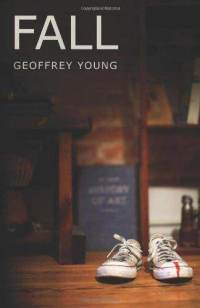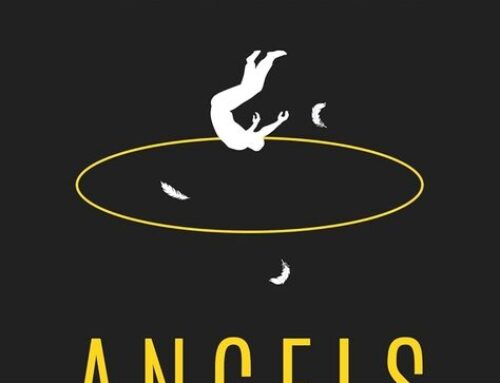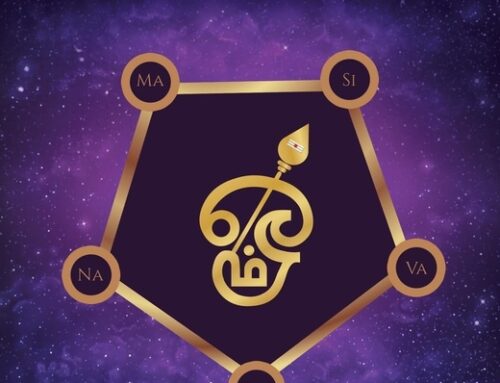 Geoffrey Young’s novel “Fall” is a tempestuous marriage between beautifully crafted prose and a story that leaps time and place to explain exactly why we find our narrator, Paul, a waiter and would-be writer (there is only one letter difference between them, he tells us hopefully) who sits on a fire escape in New York, penning a desperate soliloquy about his fall in life: how did Paul finish up here and why is he so desperate to end it all?
Geoffrey Young’s novel “Fall” is a tempestuous marriage between beautifully crafted prose and a story that leaps time and place to explain exactly why we find our narrator, Paul, a waiter and would-be writer (there is only one letter difference between them, he tells us hopefully) who sits on a fire escape in New York, penning a desperate soliloquy about his fall in life: how did Paul finish up here and why is he so desperate to end it all?
The reader is drawn in immediately by the gorgeous use of language and the compelling description of feelings. We don’t just get a scene setting and dialogue, in fact dialogue is hardly presented in the usual “” format at all; instead speech is part of Paul’s recall, written in rolling paragraphs according to his memoir.
The story opens with Paul waiting tables in a wannabe restaurant where many of those who the waiting team consider have “made it” dine: agents, actors, writers and the like. The waiting team consists of those who call themselves actors, writers and such and cannot face it: they didn’t make it themselves and are career waiters. They “brunch” in other establishments and miss that they are critical of the waiting staff, food and ambience in a way that only professional restaurant staff can be.
And still they perpetuate the myth they will “make it”: a horrid story told in amateurish poem form relates the fate of one waiter, fired without notice highlighting their fragile position in life: another tale in play form tells a heart wrenching tale of hope smashed instantly by a discarded phone number, later found on the table by the waiter striving to be an actor; the number requested by some kind of agent, and then tossed aside carelessly; seizing your heart as the waiter then falls down in full view in the last humiliating scene as he can’t do anything but laugh at himself for believing in fate.
The story moves to the equally ‘fateful’ encounter with Angie, a girl who is also a “writer/waiter”. Paul’s enduring love of this woman is unfathomable: she is cold and offish, keeping him one step behind as he tries frustratingly to explain in his writing the beauty of her face, her energy and the way she smells that entices him into the inevitable let down. This whole portion of the book is incredibly styled and is cinematic in its execution given the attention to detail of all five senses to relate the story.
But there is more. We go back to the start of Paul’s life: he is born Sam, his father dead and his mother now vacant and strange. With his best friend Peter, the duo are outsiders, not handsome or popular, and spend much of their time trying to get in with the cool crowd, who to an outside eye are actually pretty shallow and unlikeable. The teenage angst of the square is spot on; the underlying tremble of lust and violence pokes its ugly head in the lawless land of school age situations and the reader will relive those ugly experiences we all try to forget.
There is another theatre play to read here here: the play of a dream in which a mysterious girl repeats a pose. Motifs appear and fade and Sam experiences a great emotion with this dream which he obssesses about experiencing in real life. A profound and whimsical act to the book ensues as he starts to experience a kind of deja vu, seeing possible triggers for his dream until, one night at a vaguely successful ‘no parents’ party he discovers Laurel, the girl of his dreams. The section is written in a languid high school tone, punctuation and grammar rolled over until it reads like a teenage diary.
The last act of the book results in Sam’s rebirth into the beginnings of his path to becoming Paul. I found this section a little flat: as Sam finds religion, the reader is trawled through many many sermons and choir practices in great detail; none of the people described have much to do with the motives or themes of the novel, but then maybe the writer’s intention was to lull the reader before the final scenes’ shocking and sudden secrets are burst open and a terrible act ensues explaining all.
This does not change my enthusiasm for this book. It’s the sort of talent that agents miss somehow due to the difficult pitch of “what genre is this” but to me it’s an obvious sell: cinematic literary fiction in the anti-hero mold. This would make a great movie, and when you even know who you would cast in the roles, and you see them all the way through, there’s obviously a well built piece of imagination behind the book. Yes it needs a little polish, yes it could do with a little more explanation in a couple of places, but if this novel was self published because Young wanted the control of his art, then big props to him, congratulations, you have just created a fine example of what self publishing is about. If he self-published because he couldn’t get an agent: well, it just goes to show why self publishing is kicking the ceiling out of the industry.
A recommended read.
Links
Get an Editorial Review | Get Amazon Sales & Reviews | Get Edited | Publish Your Book | Enter the SPR Book Awards | Other Marketing Services






















Leave A Comment